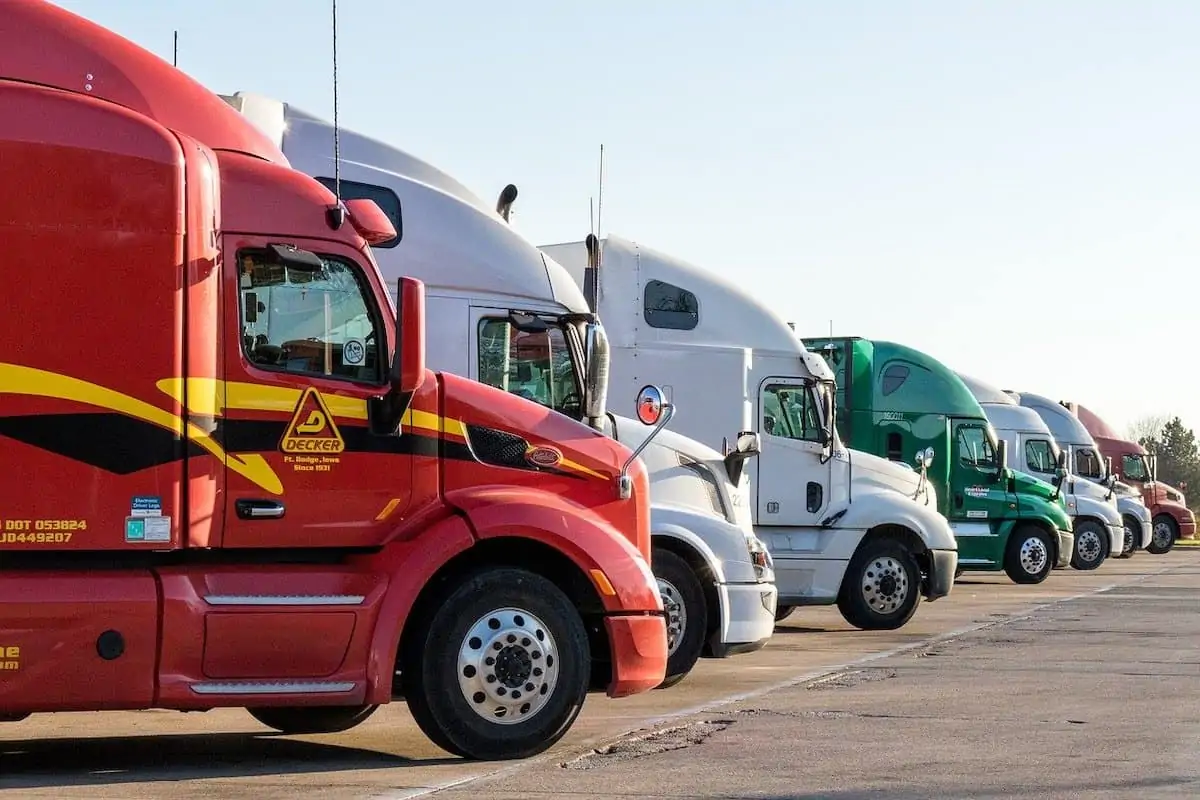Emerging technologies in Fleet management involve using technological tools to monitor and control fleets in charge of cargo transportation. Thanks to GPS vehicle trackers, fleet managers can keep track of a vehicle and identify specific drivers on all routes.
For fleet owners with various vehicles and machines, having a standard, versatile solution is essential. With this solution, owners and Fleet Logging can see different factors about a vehicle, including incidents, the start and end of trips, refueling, and more.
When these systems are integrated with third-party business management systems, fleet managers can identify engine errors before severe breakdowns happen, control deliveries, and more.
Below are emerging technologies in fleet management:
1. ELD compliance system
The ELD mandate requires commercial motor vehicle operators to use electronic logging devices to record Hours of Service, including on-duty and rest time hours. The mandate seeks to replace paper logging with automated ELD technology to reduce dangerous driving instances occasioned by fatigued drivers.
Fleet managers overseeing fleets subject to this mandate should implement ELD compliant systems to ascertain accurate drive time recording.
2. Fuel management system
Fuel management systems are an effective way for fleet managers to cut operating costs. Besides helping you monitor the amount of fuel your fleet is consuming, the software allows drivers to use their vehicles. If you notice that they’re taking inefficient routes, you can quickly address the issue.
3. Autonomous vehicles
Self-driving vehicles are a dream come true for many fleet owners. This is because the vehicles not only drive themselves but also minimize road safety.
Since many accidents are due to human error, including distractions, fatigue, or negligence, using autonomous vehicles in a fleet can lower maintenance and repair overheads arising from accidents. It can also help streamline schedules because these vehicles don’t need breaks and cannot take unauthorized routes.
4. Internet of Things for internet vehicles
In fleet management systems, the internet of things and telematics are intertwined. IoT has introduced sensors that notify fleet owners and managers of any potential package-damaging instances. It has also introduced several applications that make it easy for managers to manage fleets efficiently.
IoT’s online connectivity, which brings information to the manager’s screen from the driver’s console, enables owners to be proactive and not reactive. IoT has also added connected mobility to fleets, increasing efficiency and safety in transportation models.
Managers can also better track their fleets through installing a telematics platform, which allows cars, trucks, equipment, and other assets to be monitored through GPS technology. By utilizing the capabilities of internet tracking, fleets and drivers not only become safer, but they can better analyze the data from their time on the road.
5. Augmented reality
Augmented reality technology plays a crucial role in fleet management from the loading point to safe driving on the road. It can be applied in almost every aspect of fleet management. Augmented reality, through wearable technology, eases maintenance and repair.
It also enhances driver training and assistance. Scanning each cargo item then accurately loading it is complicated and time-consuming. With AR glasses, freight loading is simplified.
6. AI dash cams
Thanks to AI dash cams, fleet managers can keep track of drivers and immediately identify bad driving habits that can lead to accidents while providing training through actual life incidents.
Dashcams also provide evidence in case of accidents your drivers aren’t responsible for, eliminating costly legal processes.
Artificial Intelligence in Fleet Management will further have much wider application.
Endnote
Fleet management technology ensures transportation safety, better resource planning, controls routes and stops, and improves customer service. It allows fleet managers and owners to generate custom reports and gives them control over an entire fleet.

